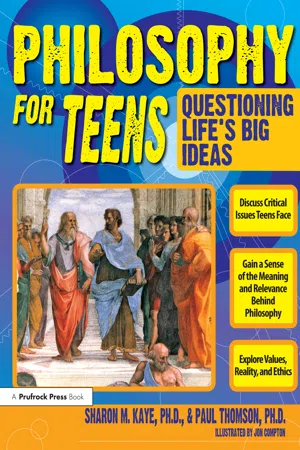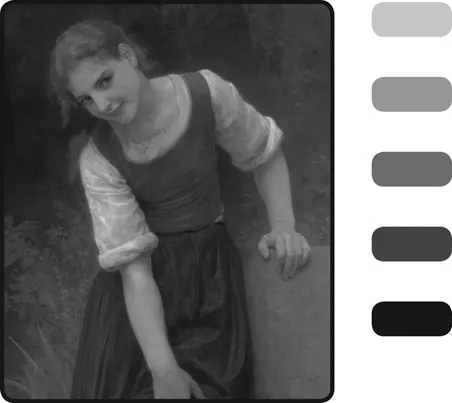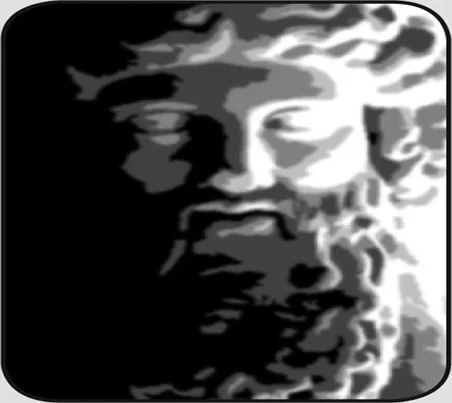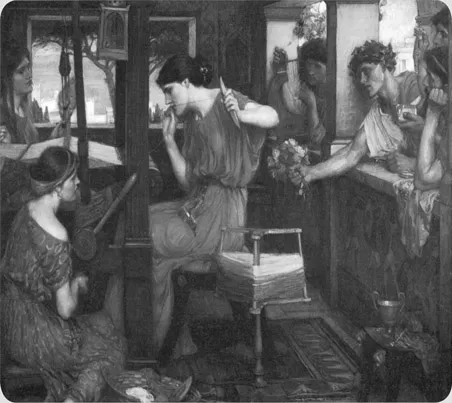
Philosophy for Teens
Questioning Life's Big Ideas (Grades 7-12)
- 172 pages
- English
- ePUB (mobile friendly)
- Available on iOS & Android
About this book
What is love? Is lying always wrong? Is beauty a matter of fact, or a matter of taste? What is discrimination?
The answers to these questions, and more, are examined in Philosophy for Teens: Questioning Life's Big Ideas, an in-depth, teenager-friendly look at the philosophy behind everyday issues. The authors examine some of life's biggest topics, such as:
- lying,
- cheating,
- love,
- beauty,
- the role of government,
- hate, and
- prejudice.
Both sides of the debates are covered on every issue, with information from some of the world's most noted philosophers included in a conversational style that teenagers will love. Each chapter includes discussions questions, thought experiments, exercises and activities, and community action steps to help students make reasoned, informed decisions about some of life's greatest debates.
Examining life's big ideas and discovering their own opinions have never been easier or more exciting for today's teens.
Grades 7-12
Frequently asked questions
- Essential is ideal for learners and professionals who enjoy exploring a wide range of subjects. Access the Essential Library with 800,000+ trusted titles and best-sellers across business, personal growth, and the humanities. Includes unlimited reading time and Standard Read Aloud voice.
- Complete: Perfect for advanced learners and researchers needing full, unrestricted access. Unlock 1.4M+ books across hundreds of subjects, including academic and specialized titles. The Complete Plan also includes advanced features like Premium Read Aloud and Research Assistant.
Please note we cannot support devices running on iOS 13 and Android 7 or earlier. Learn more about using the app.
Information
PART 1
Beauty

CHAPTER 1
What Is Love?
The Photograph
Questions:
- Why does Jen think beauty is something you cannot see? Why does Matt think you can see it? With whom do you agree more, and why?
- Describe someone you think is beautiful. Do you think this person is beautiful because of the qualities you described or because of something else?
- Describe someone you love. If someone asked you why you love this person, what would you say?
- Explain the difference between romantic love and friendly love.
What Is Love?


In the friendship I speak of, our souls mingle and blend with each other so completely that they efface the seam that joined them, and cannot find it again. If you press me to tell why I loved him, I feel that this cannot be expressed, except by answering: Because it was he, because it was I.Beyond all my understanding, beyond what I can say about this in particular, there was I know not what inexplicable and fateful force that was the mediator of this union. … Our friendship has no other model than itself, and can be compared only with itself. (From “On Friendship,” by Michel de Montaigne, 1588/1993, p. 139)
Table of contents
- Cover
- Half Title
- Title Page
- Copyright Page
- Dedication Page
- Table of Contents
- Preface
- Acknowledgements
- Teacher’s Guide
- Introduction
- Part 1: Beauty
- Part 2: Truth
- Part 3: Justice
- Part 4: God
- Appendix A: Dialogue Worksheet
- Appendix B: The Trial and Death of Socrates, and Plato’s Theory of Forms
- Appendix C: Empiricism
- Glossary
- About the Authors
- Common Core State Standards Alignment